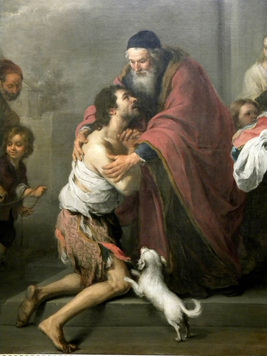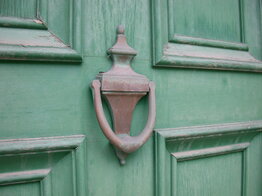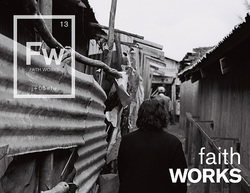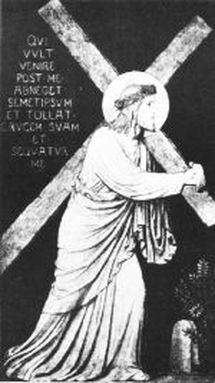Quoting Andy Stanley in his book, Fields of God: “Under the mounting weight of uncertainty, it’s easy to slowly become irrational about our possessions. We lose sight of who really owns them. We fail to grasp how we should be sowing them for God’s kingdom. And we get confused about what we should really fear regarding our finances in this life—like facing eternity having sown only a few handfuls of our personal wealth for God’s kingdom.” King Solomon emphasized personal comfort over God’s kingdom instead of cleansing himself to pursue intimacy with Him.
For 13 years, Solomon built his own house of the forest of Lebanon on four rows of cedar pillars with cedar beams. It was paneled with cedar above the side chambers on 45 pillars, 15 in each row. There were artistic window frames in three rows; the doorways and doorposts had squared artistic frames. He made a porch that was in front of the hall of pillars. The hall of the throne where Solomon judged was paneled with cedar. His house and another house for Pharaoh’s daughter, whom he married, had the same workmanship (1 Kings 7:1-8). Emphasizing personal comfort over God’s kingdom leads to bad outcomes.
All of these were of cut costly stones, sawed with saws, inside and outside, from the foundation to the coping on the outside to the great court. The foundation and above was made with costly stones and cedar. The great court all around had three rows of cut stone and a row of cedar beams like the inner court of the house of the Lord and porch of the house (1 Kings 7:9-12). Spending more resources on homes than God’s kingdom causes desolation in peoples’ spiritual lives.
Solomon brought Hiram from Tyre who was filled with wisdom, understanding and skill for doing any work in bronze. He fashioned two pillars of bronze and two capitals of molten bronze to set on the tops of the pillars. There were seven nets of network and twisted threads of chainwork on each of the two capitals placed on the top of the pomegranates. The capitals on the top of the porch pillars were of lily design, one named Jachin (he shall establish) and the other, Boaz (in Him is strength) (1 Kings 7:13-22). Establishing believers so their strength is in God counteracts spiritual desolation.
He made the sea of cast metal and under its brim gourds encircled and surrounded the sea. It stood on 12 oxen and its brim was like a lily blossom holding 2,000 baths. He made ten stands of bronze with borders between the frames. On the borders were lions, oxen and cherubim. Beneath the lions and oxen were wreaths of hanging work. Each stand had four bronze wheels with bronze axles. The wheels were under the borders and the axles were on the stand, the workmanship of a chariot wheel with cherubim, lions and palm trees engraved on it. He made ten basins of bronze, each one held 40 baths (1 Kings 7:23-39). Believers cleanse themselves by confessing their sins and washing by the Word of God.
Hiram cast the basins, shovels and bowls of polished bronze in the clay ground for the house of the Lord. Solomon made all the furniture in the house of the Lord including the golden altar, golden table on which was the bread of the Presence, lampstands of pure gold along with flowers, lamps and tongs, cups, snuffers, bowls, spoons, firepans, hinges for the doors of the inner house, the most holy place, and for the doors of the house. He brought in the things dedicated by David, the silver, gold and utensils, and put them in the treasuries of the house of the Lord (1 Kings 7:40-51). The goal of establishing believers is intimacy with God.
Are you focusing more on personal comfort instead of God’s kingdom? Are you more focused on your home and possessions instead of God’s kingdom? Confess your sin, wash yourself in God’s word and put your trust in God so you can develop intimacy with Him.







